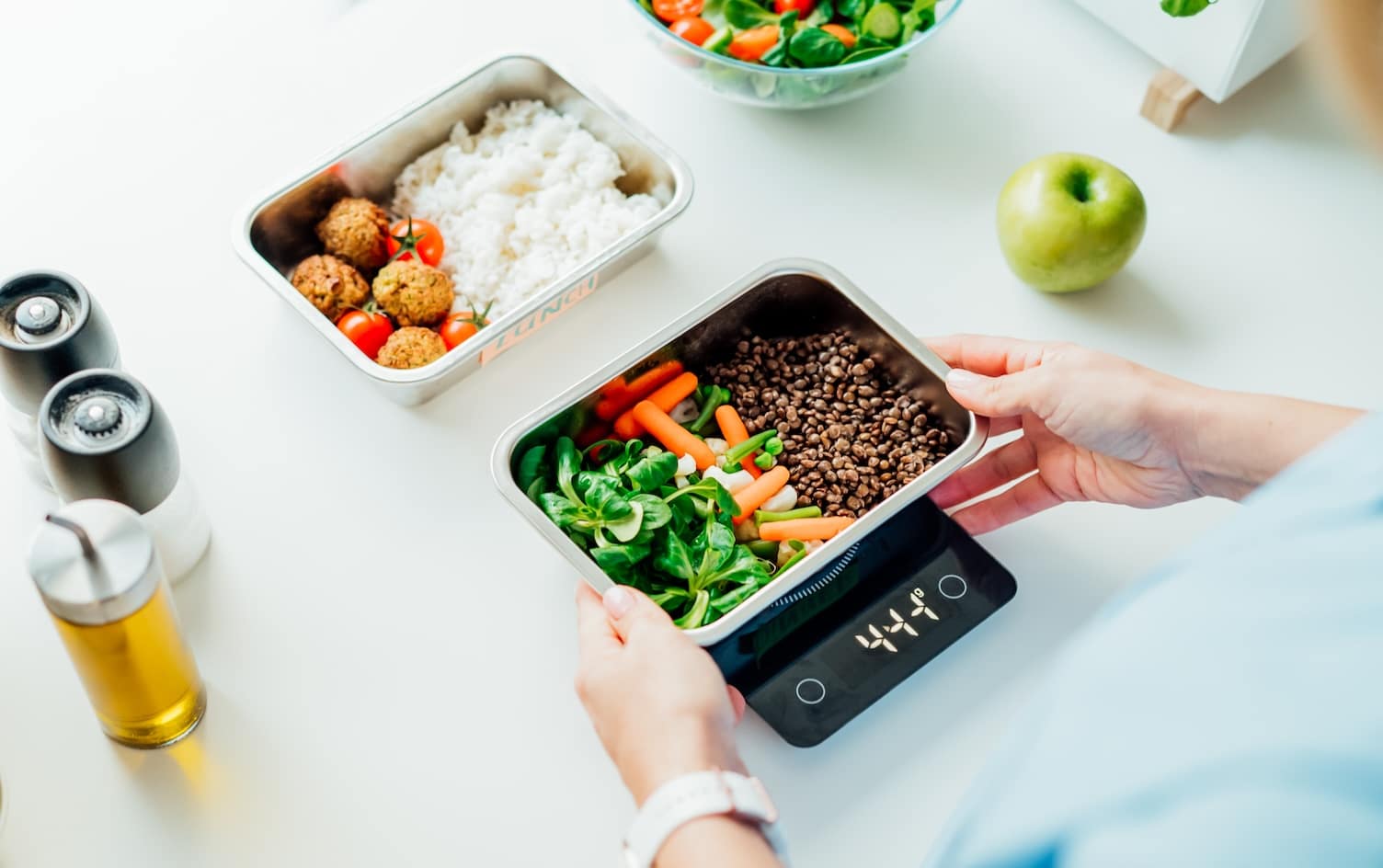If you can’t imagine a morning without caffeine, neither can most. Sixty-three percent of people drink coffee every day and some research finds that’s not such a bad thing at all: Coffee may help protect your body against diseases such as Parkinson’s, diabetes and certain types of cancer; it has metabolic benefits; it’s a great source of health-promoting antioxidants and observational studies show coffee drinkers tend to have better health outcomes.
But if you need multiple cups to get through the day, or you’ve noticed uncomfortable side effects, it’s easy to wonder if you’re drinking too much.
Experts are split on the idea of a ‘coffee detox’ (i.e., removing caffeine from your diet for a period of time). After all, while coffee has its benefits, caffeine is a stimulant, and, in excess, it can have serious health consequences.
Here, an explainer on the pros and cons of quitting coffee — even temporarily — and the best ways to do it.

Chris D’Adamo, PhD, director of the Center for Integrative Medicine at the University of Maryland School of Medicine
Keri Gans, RD
Jana Mowrer, MPH, RD
HOW MUCH COFFEE IS TOO MUCH?

According to a study in the American Journal of Clinical Nutrition, drinking more than six cups a day every day may increase the risk of heart disease. However, if you’re experiencing any negative side effects such as anxiety, nervousness, insomnia, stomach distress or headaches, it could be a sign you’re consuming too much.

The recommended intake for caffeine per day is 400 milligrams (about 4 cups of regular coffee. Safe amounts can vary if you’re pregnant or breastfeeding, taking medications or supplements that interact with caffeine or have certain health conditions such as an anxiety disorder.

Anything over 400 milligrams of caffeine is considered unsafe but over 200 milligrams (about 2 cups of coffee) is probably pushing it. Some of this comes down to genetics: Certain people metabolize coffee faster than others. If you notice coffee makes you anxious, causes a midday ‘crash’ or disrupts your sleep, you might be a slow metabolizer (and you might benefit from drinking less). It’s important to listen to your body.
BENEFITS VERSUS RISKS OF A COFEE DETOX

Unless you were totally dependent on caffeine, you might not experience a notable positive difference by cutting it out. If you’re not overdoing it, you likely don’t need to detox from it. It can also benefit you pre-workout by delaying aerobic endurance fatigue.

If you notice caffeine’s effects easily, when you detox, you might experience withdrawal symptoms such as a headache. Caffeine constricts your blood vessels, so when you remove it from your diet, blood vessels expand and increase blood flow, which can trigger headaches in some people.
Otherwise, there are benefits to cutting out caffeine. Since too much coffee can increase levels of the stress hormone, cortisol, you might quickly notice a decrease in anxiety and fatigue, more restful sleep, lower blood pressure (particularly if you have a history of heart conditions) and an overall enhanced sense of calm when you cut it out.
If you reintroduce coffee after your detox, you’ll likely need less, as you’ll feel the effects more than before since you’ve lowered your tolerance.

Coffee isn’t bad for most people. Whether you’d benefit from a detox depends on how much caffeine you’re taking in and whether or not your body handles it well. While it’s a commonly-consumed one, caffeine is a drug. When you stop drinking coffee, there will be about three days of physical withdrawal and you might also experience a psychological withdrawal (you could feel like you can’t get your day started or work as well). After this, you could experience less stress and fewer problems sleeping.
HOW TO SAFELY DETOX FROM COFFEE
Mowrer: To reduce symptoms of withdrawal, do a gradual decrease: half-regular and half-decaf coffee. Progressively decrease the amount of regular coffee until you’re eventually drinking decaf or no coffee. This creates more lasting change. Achieving one small goal a day means you’re more likely to stick with things and stay consistent.
D’Adamo: I’d recommend a coffee taper rather than a coffee detox. It’s much more manageable and less uncomfortable. Another way to drink less coffee yet maintain your morning ritual is to start drinking tea instead. Black tea and green tea both have less caffeine than coffee and green tea has an amino acid called theanine that has calming benefits.
THE BOTTOM LINE
In general, experts agree: Abrupt coffee detoxes aren’t necessary and can come with a wave of uncomfortable withdrawal symptoms. If you’re drinking more than 4 cups of coffee a day, cannot function without it or are struggling with side effects, gradually cutting down can help you feel better.
However, if you’ve got a healthy relationship with your morning cup of joe, and it keeps you from drinking fewer energy drinks, there’s likely no real need to cut it out (and you might miss out on coffee’s health-promoting effects if you do).




